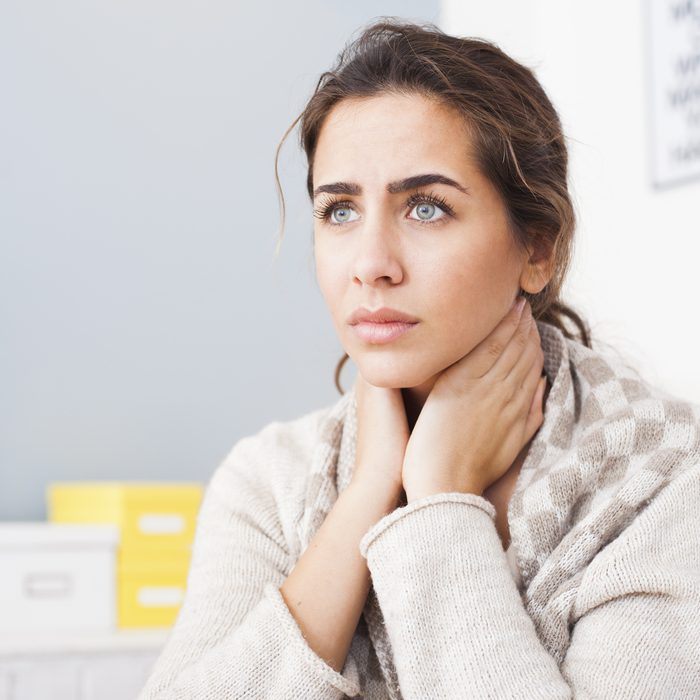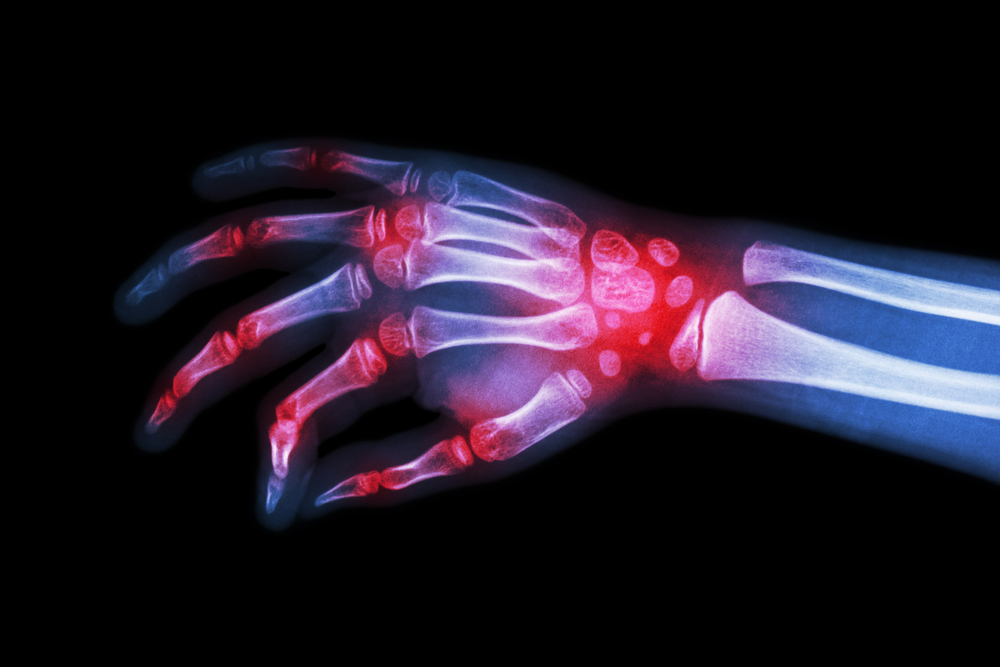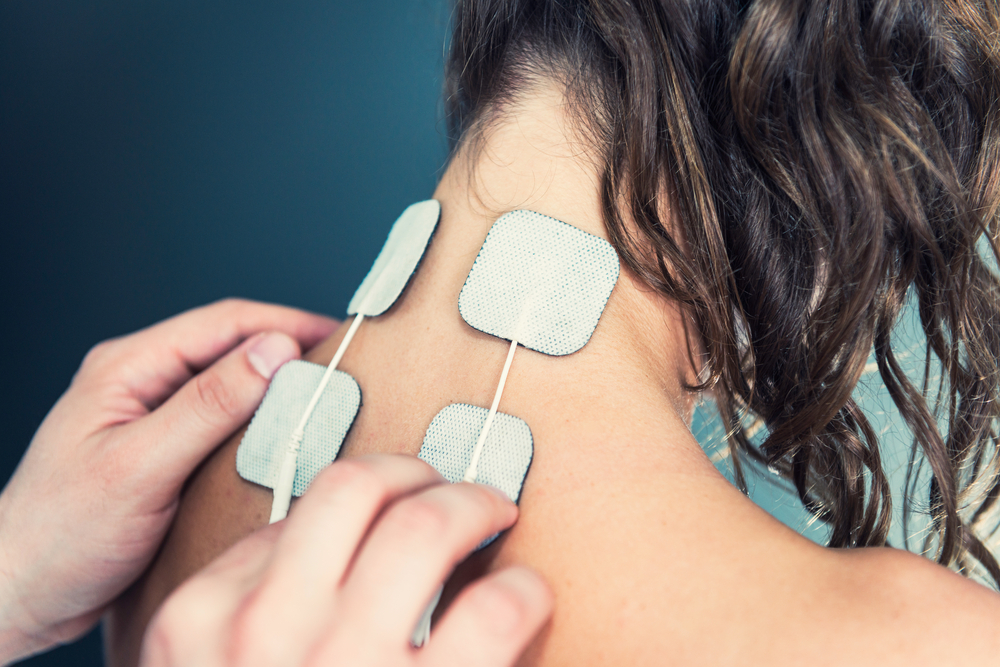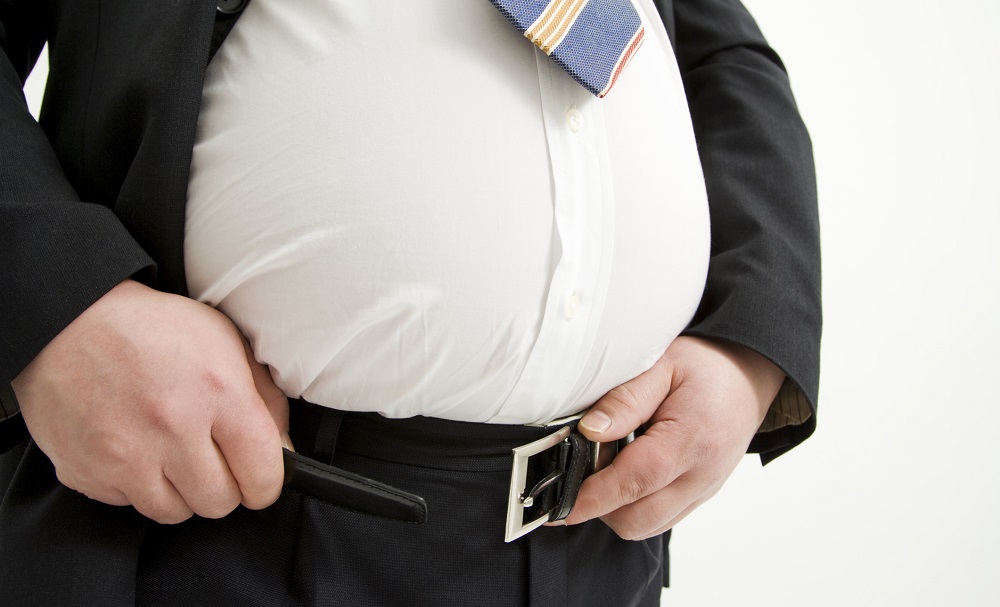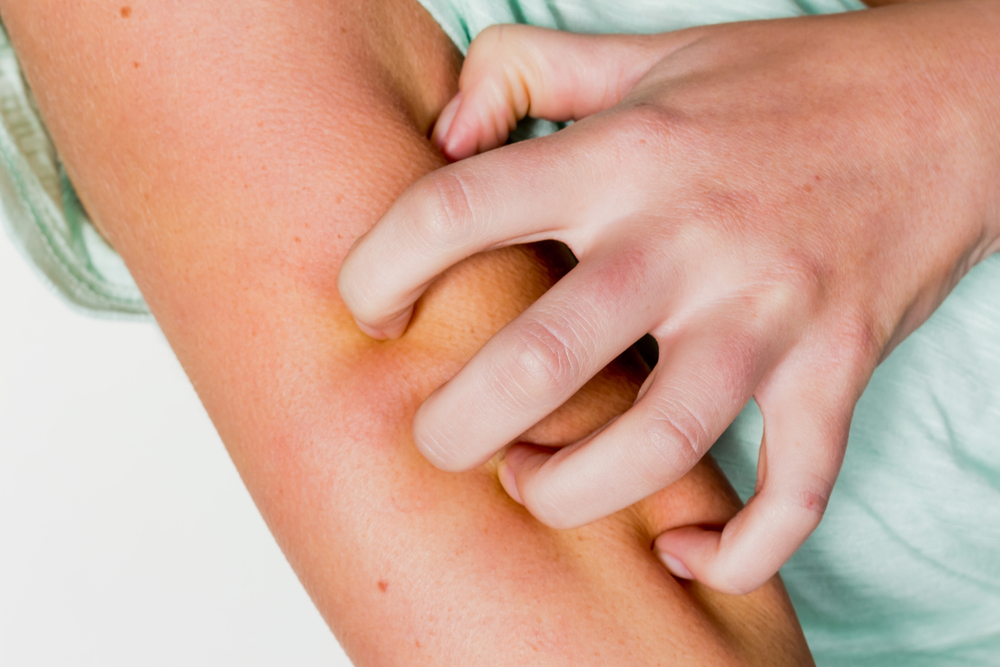

The American Institute of Stress says that?“women have a stronger genetic predisposition for depression than men according to identical and fraternal twin studies, in addition to documented and detailed family history and ancestors records.” That’s actually one reason why listed factors women may be diagnosed with depression than men. Not surprisingly, there are many reasons, like the well-known fact hat men in such a country will not be liable to visiting their doctor. And as outlined by a review inside a 2009 issue of the Journal of Pain,?depression with physical pain is more common than women likewise. Although, if men aren’t seeing the doctor and females usually tend to explain their pain on their healthcare providers, that makes sense.
However, there’s another advantage why more women than the male is identified as having depression. There are sorts of depression which are unique to women. Let’s break them down inside order a woman might experience them using the stages of her life.
Premenstrual Dysphoric Disorder (PMDD)
This disorder is actually less frequent plus more severe than “PMS” or pms or premenstrual syndrome. That National Institute of Mental Health explains that “PMDD may be a serious condition with disabling symptoms including irritability, anger, depressed mood, sadness, thoughts of suicide, appetite changes, bloating, breast tenderness, and joint or muscle pain.” Like PMS, PMDD usually begins about 10 days or more before your period starts. And even though researchers are certainly not sure the reason, the Mayo Clinic adds that PMDD might be relevant to hormonal fluctuations that trigger or worsen warning signs of mood disorders.
They recommend antidepressants or contraceptive to relieve the depression warning signs of PMDD. But if you enjoy natural technique of managing this problem, furthermore they suggest supplements (calcium, vitamin B-6, and L-tryptophan), herbal remedies (chasteberry), and even llife changes. However, all of these options should be discussed with all your healthcare practitioner early in advance.
Perinatal Depression
This is actually a depression which will occur during and/or after pregnancy. I experienced this severely following your birth of my first child. Even so was clueless until more than a year later after i heard a trip for participation in the depression study on the radio. The announcer started listing these types of warning signs of depression and that was at the first try I spotted I could have an actual condition of sorts. But what’s wrong because of this picture? I’ve commented before that we’re not only a tribal or collectivist society. Meaning, unfortunately we cannot interact that will help 1 another. Many of the horrible for mothers who feel isolated and without direction from close friends to step up for consistent help. It’s your tribe of females who can quickly observe that a mom is affected by perinatal depression. We sometimes know this as postpartum depression.
This is actually a serious condition. It is usually an extreme case, can remember the story of Andrea Yates who drowned her children into their bathtub. She had been told they have both postpartum depression and psychosis. We have spoken to most women within my life which have also experienced this type of depression. All of them determine what could have resulted in Yates’ actions mainly because they lived through this severe condition too. If you are experiencing signs and symptoms of depression when you’re pregnant or after you’ve given birth, you should confer with your physician or perhaps a mental doctor. They are used to treating treatment plans so don’t concern yourself with any stigma maybe you have personally mounted on depression. Just in case you can see any indications of depression inside a beloved during or after pregnancy, you need to strongly encourage her to travel to a clinic or her doctor quickly.
Perimenopausal Depression
While transitioning into menopause can typically be challenging, perimenopausal depression is not par for any course. The fact is, the nation’s Institute of Mental Health adds, “it’s a myth that it can be “normal” to be depressed. In case you are being affected by irritability, anxiety, sadness, or reduction in enjoyment during having menopause transition, you could be experiencing perimenopausal depression.”
The International Journal of Women’s Health explains that this is due to hormonal fluctuations. No real surprise there, right? However include that “women with previous histories of PMS or postpartum depression are at increased risk… Untreated depression may exacerbate cardiovascular disease, diabetes, and osteoporosis, in addition to contributing to an increased risk for suicide and a debilitating span of the depression that is more refractory to intervention.”
If you or a spouse are coping with one of these sorts of depression, hopefully it’s easy to begin to grasp the magnitude of what’s happening. Perhaps you’ve experienced these types? How did you get over it or the proceedings to mitigate your symptoms? Perhaps you’ve handled all of these on top of your fibromyalgia or another chronic pain conditions?





